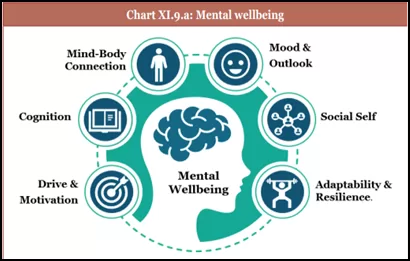February 15, 2025
A new study from Weill Cornell Medicine has found that intracranial hemorrhages—commonly known as brain bleeds—double the risk of developing dementia later in life. The findings, published on January 30 in the journal Stroke, highlight the need for long-term cognitive screening for individuals who have experienced such hemorrhages.
While previous research has largely focused on ischemic strokes—caused by blood clots blocking brain arteries—the latest study expands the scope to spontaneous hemorrhages. “We consistently see an elevated risk of dementia, regardless of the type of bleed,” said Dr. Samuel Bruce, the study’s first author and assistant professor of neurology at Weill Cornell Medicine.
Study Findings
Dr. Bruce and his colleagues analyzed Medicare insurance claims from 2008 to 2018, assessing nearly 15,000 individuals who had suffered spontaneous intracranial hemorrhages. Their findings revealed that within an average of 5.6 years after a brain bleed, patients were twice as likely to receive a first-time dementia diagnosis compared to over two million people without such a history.
The study aligns with previous research linking hemorrhages to cognitive decline. A study in Denmark, for example, reported that 11.5% of patients developed dementia after a brain hemorrhage, a 2.5-fold increase over the general population. By comparison, ischemic strokes raised the risk of dementia by approximately 1.7 times.
Potential Causes and Future Research
The exact mechanism behind this increased risk remains uncertain, though researchers suggest that brain bleeds may directly contribute to dementia by triggering the accumulation of amyloid beta, a protein associated with Alzheimer’s disease. Additionally, shared risk factors such as chronic blood vessel damage could contribute to both conditions.
“As we see more evidence that dementia can follow hemorrhages, we really need to consider the implications,” said senior author Dr. Santosh Murthy, an associate professor at the Feil Family Brain & Mind Research Institute. He emphasized the need for future studies to evaluate the safety of anti-amyloid beta treatments for Alzheimer’s patients who have experienced brain hemorrhages.
Implications for Patient Care
The researchers stress that as treatment advances extend the lifespan of patients who have suffered brain hemorrhages, monitoring for cognitive decline should become a routine part of care. Further studies will be essential in understanding how different types of hemorrhages contribute to various forms of dementia.
Disclaimer: This article is for informational purposes only and does not constitute medical advice. Patients concerned about their risk of dementia following a brain hemorrhage should consult a healthcare professional.












